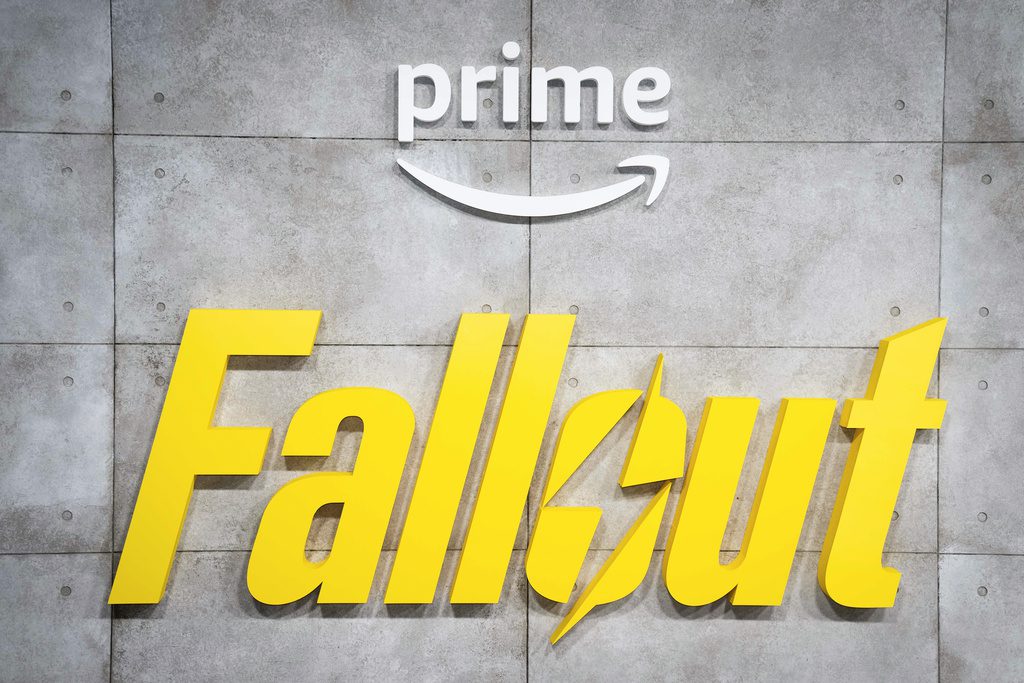With superhero movies losing cultural impact, the next big trend is movies based on video games. In recent years, films and TV shows inspired by interactive entertainment have gained popularity, such as “Sonic the Hedgehog,” “The Super Mario Bros. Movie” and “The Last of Us.”
Hollywood's relationship with the younger art form has changed from being mainly for profit to exploring how to translate the gaming experience to the screen. Some projects use special effects like “Sonic,” while others use animation like “Mario.” Some games, like “The Last of Us,” are naturally suited for the screen.
https://www.youtube.com/watch?v=V-mugKDQDlg The success of creators Graham Wagner and Geneva Robertson-Dworet’s take on “Fallout.” This eight-part Prime Video series is different because of how the source material is structured. In Bethesda Game Studios titles, players create their own protagonist known as the Vault Dweller, who is cast out into the Wasteland to explore, giving players free will and the chance to significantly impact the world.
Players encounter unusual characters, join factions, and make life-and-death decisions, even potentially destroying entire settlements. This sets it apart from straightforward games like “Mario” or narrative-focused ones like “The Last of Us.”
How do you adapt such an open-ended premise into a show? The creators leverage over 25 years of lore and the unique tone of the video games. The original 2-D games satirize American culture, politics, and capitalism, while the later games add a darker tone, a hint of paranoia, and an anything-goes mentality. The TV show captures some of this but presents a fresh storyline with characters and situations just as memorable as the games.
For newcomers and longtime fans, the show offers a dark and comedic take on the post-apocalyptic world. The retro-future world of this alternate reality is both familiar and strangely anachronistic. Viewers connect with protagonists Lucy, Maximus, and The Ghoul, aka Cooper Howard, who have different levels of experience with the Wasteland.
Meanwhile, video game veterans will appreciate the references to the franchise, including the distinct Vault-tec font and the portrayal of computer hacking. In many ways, the “Fallout” show feels like it could have been a scenario within the video game. Wagner and Robertson-Dworet did an excellent job in making the world and story accessible to “Fallout” newcomers, while remaining authentic to long-time players.
It's a challenging balancing act that the creators handle skillfully while also keeping secrets within the woven storytelling. The process of figuring out how all the pieces fit together is a journey that almost feels like playing the video game.
Furthermore, the storyline developing over the eight episodes carries significance as part of the franchise's history. This is crucial because unlike other forms of media, video games allow people to explore the worlds they see on TV and delve into them as much as they desire. They can watch the Prime Video series and, if they become intrigued by the 'Fallout' universe, they can venture into the Wasteland themselves.
And both new and longtime 'Fallout' fans have been doing just that. According to Steam data, 'Fallout 76,' 'Fallout 3,' 'Fallout 4,' and 'Fallout New Vegas' have experienced a surge in players entering the games. These titles rank in the top 20 on the game service's Top Sellers list. A streaming series has not impacted a video game to this extent since 'Cyberpunk: Edgerunners' reignited interest in 'Cyberpunk 2077' following its troubled release.
For fans, the situation is changing for video game films and TV shows. The collaboration between Hollywood and video games is producing high-quality, mutually beneficial projects as they work out how to present worlds that are not only captivating to explore through a controller but also compelling enough to hold viewers' attention in front of the television.









